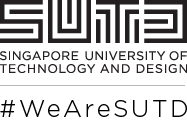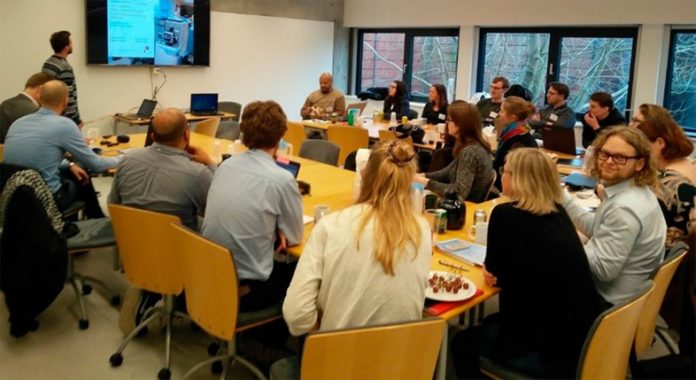Finding courses at SDU has been, to put it mildly, quite a challenge. As a result, I’ve chosen to share this information with prospective SDU exchange students in the hopes that it can assist you in your preparations.
To begin with, SDU courses follow the European Credit Transfer and Accumulation System (ECTS), where most courses will carry either 5 or 10 ECTS. However, it should be noted that SDU has some specific requirements for exchange students regarding ECTS:
- As an exchange student, SDU will require you to take exactly 30 ECTS worth of courses. You’re not allowed take lower, and while you can take more than 30, they will charge you for each extra credit taken. Therefore, assuming you’ll be taking either 5 or 10 ECTS courses, you will end up taking between 3 to 6 courses. With regards to SUTD’s new credit policy, the ideal number of courses to take would thus be 4; though of course, things were never that simple.
- Another point to notice is that there are 5 faculties in SDU, which are (1) Engineering, (2) Science, (3) Humanities, (4) Business and Social Sciences, and (5) Health Science. While filling out your exchange application, SDU will ask you to select one as your main faculty. This follows SDU’s 2nd requirement, which states that out of 30 ECTS, at least 20 ECTS must be taken from your main faculty.
While the two above requirements may seem easy to navigate, you’ll soon realize just how complicated they are once you start planning for your SDU courses, especially if you’re looking for certain mods to fulfill your focus track and/or minor.
Cross-faculty courses
One thing you wouldn’t immediately notice is that each SDU faculty plans its course timetable internally with little cross-departmental communication. This is due to the fact that SDU full-time students would normally take all their courses from a single faculty throughout their undergraduate years. Consequently, if you’re considering taking courses outside your major, do expect the possibility of schedule clashes. Needless to say, this doesn’t bode well for students from a certain Engineering University who are also required to take one Humanities or Social Science course per term.
Finding HASS
And speaking of HASS, while Humanities & Business and Social Sciences faculty may seem like the first place you’d look for a HASS mod to map back to SUTD, you may be disappointed to learn that of all the courses offered to exchange students from these faculties, a majority of them weren’t available to SUTD students. To specify more about my experience, from the list of exchange courses on their website, I selected and sent over a list of 9 SDU courses to their International Office and inquired if SUTD students could take them during our exchange. This was done after double-checking that none of those mods has any pre-requisite.
This request was then forwarded to the respective faculties, and the result was that out of 9 courses, only 3 courses were available to SUTD students. The reason they gave for such decision was “[SUTD Students] do not have an adequate academic background for those courses.” Although we (along with HASS Office) were puzzled by the decision, we decided to look for HASS mods at other faculties first before pressing further about this.

And then there were three.
Fortunately for us, we managed to find several HASS mods from their Engineering Faculty (For once, Transdisciplinary Education actually helps rather than being a buzz word), with all of SUTD students ending up choosing this as our main faculty.
And why you’ll probably choose Engineering as your main faculty as well
With limited options from Humanities, Business & Social Science faculty, and Health Science falling outside SUTD curriculum, the only faculties available are Engineering and Science. But if you compare the timetable of courses from the two faculties, you’ll notice that Science courses tend to have more sessions (Lecture + Exercise + Lab) that are spread throughout the week.

The timetable of a sample course from the Science Faculty
On the contrary, Engineering courses have slightly fewer sessions (Lecture + Exercise) and are usually clustered into back-to-back sessions. While the 4-hour classes don’t seem really appealing, this offers greater flexibility as well as the opportunity to keep certain days of the week free if you plan it right, which may come in handy if you’re planning for an European trip during the weekend.


The timetable of a 2 courses from the Engineering Faculty
Conclusion
I’m not going to sugar-coat it, trying to balance between:
- Finding courses to map back to my minor in SUTD and to fulfill HASS requirement.
- Making sure those courses’ ECTS add up to exactly 30, with at least 20 ECTS being in the same faculty.
- Deconflicting their timetable.
has been nothing but Pain. But in the end, I somehow managed to pull off with zero scheduling conflicts throughout my exchange. Thus, for those considering embarking on an exchange at SDU, I strongly recommend meticulously devising your study plan well in advance of submitting your exchange application. This is particularly crucial if you intend to pursue a specific focus track or minor. Additionally, it’s advisable to develop multiple contingency plans and assess their viability in case your intended exchange courses face any unforeseen schedule clash.






























